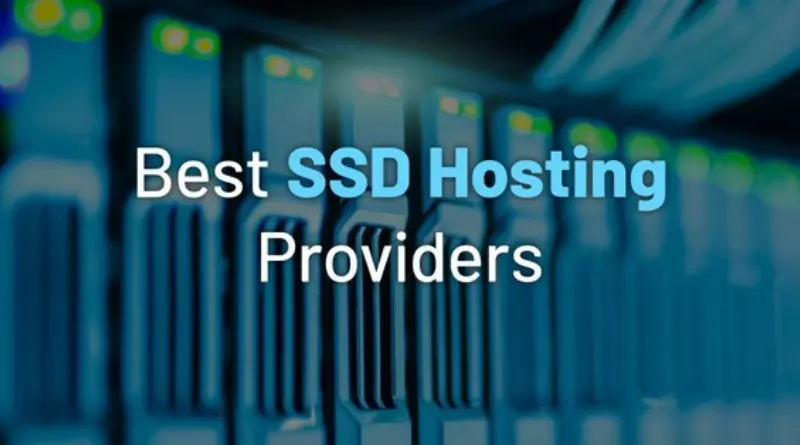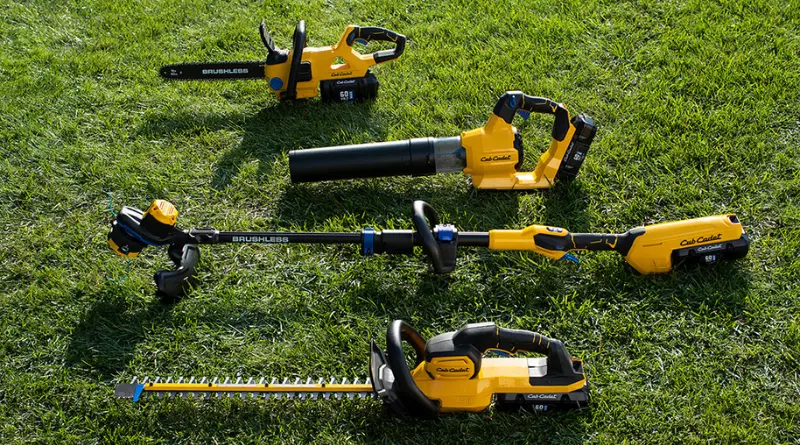What Is SSD Server Storage? Understanding Speedy Web Hosting

If you’ve been around as long as A2 Hosting has, you might recall the old spinning hard drives in computers. They were called HDDs (hard disk drives), and they had spinning platters inside them, kind of like “spinning rust.” But then came SSDs (solid-state drives), the speedy successors with flash memory chips. SSD is the new and faster way to store data, leaving behind the slow, clunky mechanical hard disks. So, what exactly is SSD server storage? It’s a crucial component of fast web hosting, and in this article, we’ll explain why it matters.
What is an SSD?
An SSD, which stands for solid-state drive, is a kind of storage device developed by SanDisk in 1991. Unlike traditional hard drives (HDDs) that use spinning disks, an SSD stores data using memory chips. SSDs are similar to those little USB flash drives you might use to store files, but SSDs are designed to be installed inside your computer. One big advantage of SSDs is that they’re much faster than HDDs, providing quicker performance. Additionally, SSDs are more reliable because they don’t have any moving parts like HDDs do.
How Does an SSD Work?
While both hard drives and SSDs can store lots of data, the way they do it is different. Instead of saving data onto spinning disks, SSDs store information on special memory chips called NAND flash memory. SSDs also have a controller chip, which is like the brain of the device. This controller chip keeps track of where all the data is stored on the SSD and can find the data you need in just a fraction of a second. That’s why SSDs are known for being super speedy storage drives.
Exploring Different SSD Types:
When it comes to SSDs (solid-state drives), there are primarily two types you’ll encounter: SATA III and NVMe. Let’s explore what sets each of them apart.
1.SATA III SSDs:
These are the older generation of SSDs. They use a connector that was originally designed for traditional hard drives (HDDs). One big advantage of SATA III SSDs is that they are compatible with a wide range of devices because of their legacy connector. However, when it comes to speed, they are a bit slower compared to the newer NVMe SSDs.
2.NVMe SSDs:
NVMe stands for Non-Volatile Memory Express, and these drives are the new standard in SSD technology. They are significantly faster than SATA III SSDs. NVMe SSDs have lower latency, which means they respond quickly when you need to access data. They can read and write data at speeds of up to 2000 megabytes per second, while SATA III SSDs top out at 600 megabytes per second. NVMe drives also connect to your computer through a different interface called PCIe, which can transfer more than 25 times as much data as the SATA connection.
In simple terms, if you want speed and the latest technology, NVMe SSDs are the way to go. SATA III SSDs, on the other hand, are still a reliable option, especially if you have older devices that might not support NVMe. However, they are gradually becoming less common as NVMe drives become more popular.
Where You Can Find SSDs
SSDs have become common in desktop computers and laptops, often replacing the older HDDs. While it’s true that SSDs used to be more expensive than HDDs, the cost difference is getting smaller. Some computer makers even use smaller SSDs alongside larger HDDs to strike a balance between speed and storage capacity.
You can also spot SSDs in certain servers. At A2 Hosting, we provide both SATA III and NVMe SSD options for your hosting needs.
Most of our hosting plans include SSD storage, but if you come across the word “Turbo” in a plan’s name, it means that particular plan offers NVMe storage, which is even faster.
Advantages of NVMe Storage
NVMe (Non-Volatile Memory Express) storage is packed with benefits that make it a top choice:
1.Speed:
NVMe was designed to make SSDs work at their absolute fastest. It allows flash memory to communicate directly through the PCIe (PCI Express) interface, which means lightning-fast data transfer. It’s like the flash memory’s superhighway to your computer’s brain.
2.High Bandwidth:
NVMe offers a significant amount of data bandwidth because it’s directly connected to the CPU. This means data can flow quickly between storage and processing, making everything snappy and responsive.
3.Power Efficiency:
NVMe drives are smart about power usage. When they’re not actively working, they sip power, so they’re energy-efficient. This is great for laptops and devices where battery life matters.
4.Enhanced Security:
The latest NVMe version, NVMe 2.0, takes data protection seriously. It uses a 64-bit CRC (Cyclic Redundancy Check) to safeguard your data. This extra layer of security is especially important for large-scale data systems.
5.Compatibility:
NVMe 2.0 doesn’t leave older systems in the dust. It’s backward compatible, meaning it can work with most operating systems. So, you can enjoy the benefits of NVMe without needing a brand-new computer.
In the world of servers, NVMe drives are becoming the standard. And when it comes to fast web hosting, A2 Hosting leads the way, offering top-notch NVMe storage for blazing speed and reliability.
Conclusion
In conclusion, SSD server storage is a technology that boosts web hosting speed and performance. It’s a key factor in ensuring fast and reliable websites.





